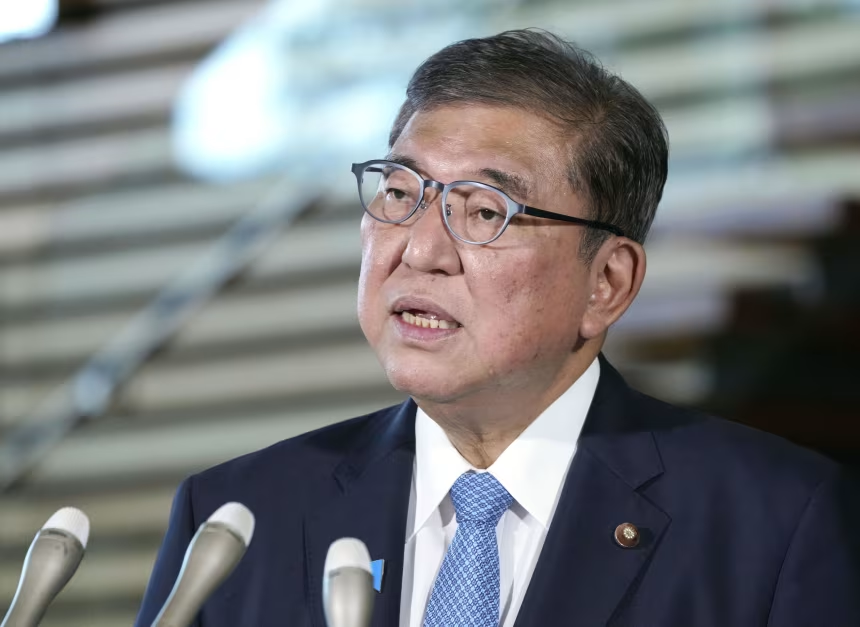Japan was thrown into fresh uncertainty on September 7, 2025, when Prime Minister Shigeru Ishiba announced his resignation less than a year after taking office. His decision followed a series of crushing electoral defeats and the deepening fallout from a fundraising scandal that has shaken public confidence in the ruling Liberal Democratic Party. Ishiba said he was stepping aside to prevent further division within the party, acknowledging that his leadership could no longer sustain stability in parliament.
Markets reacted immediately to the news. Japanese stocks surged to record highs, with the Nikkei climbing as investors anticipated new leadership with pro-growth policies. At the same time, the yen weakened against the dollar and other currencies, reflecting unease about short-term instability. Analysts said the combination of political change and economic hope created a mixed response, but investors appeared encouraged by the possibility of fiscal stimulus under a successor.
Attention has now shifted to who will replace Ishiba. Former Foreign Minister Toshimitsu Motegi quickly entered the race, presenting himself as a steady hand with international experience. Sanae Takaichi, known for her aggressive spending proposals, is also viewed as a leading contender. Younger figures such as Shinjiro Koizumi may add to the competition, creating a dynamic and unpredictable leadership contest within the LDP.
The resignation highlights a wider problem for Japanese politics. The ruling party, long dominant, is struggling with credibility after scandals and weak election results. Voters are demanding reform, while lawmakers remain divided over how to restore trust. Ishiba’s exit underscores the difficulty of leading a party caught between tradition and pressure for change.
For Japan, the path forward is uncertain. The leadership election will decide not just a new prime minister but also the direction of economic and diplomatic policy at a time when Japan faces global security concerns, regional competition, and a pressing need to stimulate domestic growth. The next leader will inherit both opportunity and crisis, and the choices made in the weeks ahead could redefine Japan’s political landscape for years to come.


